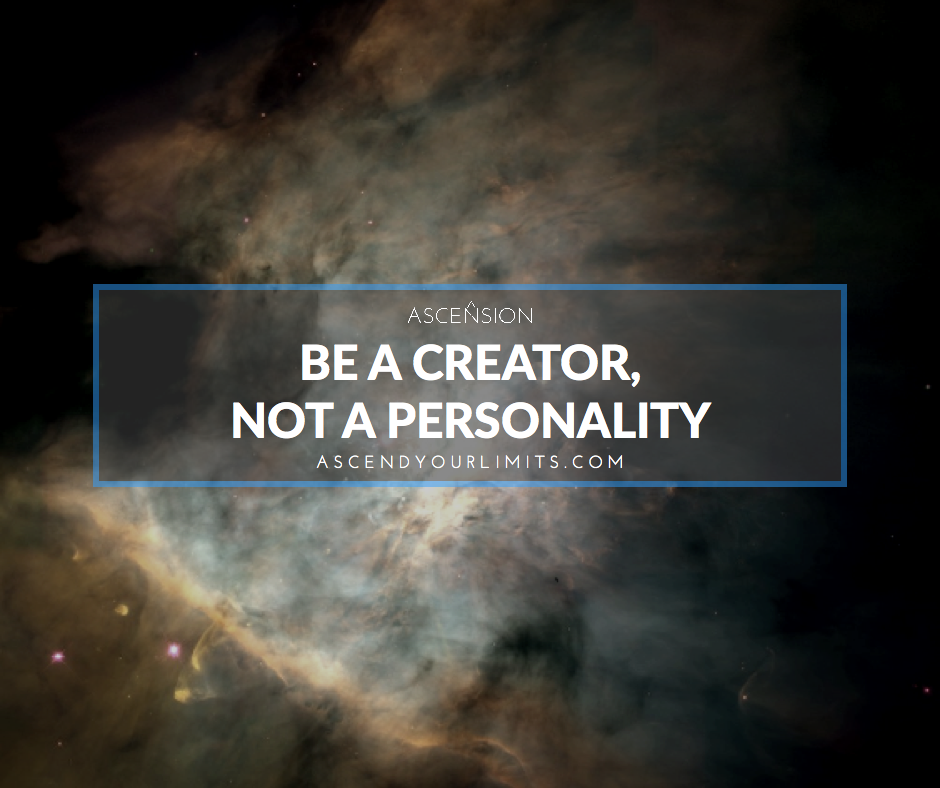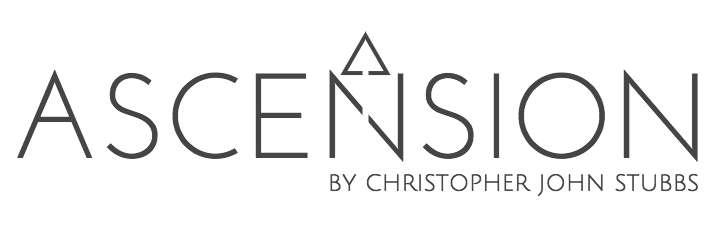When we start our entrepreneurship journey we crawl before we run. One of the biggest things that I see entrepreneurs doing is trying to fill every single role.
Consider this. A successful company is a set of systems that solves specific problems and challenges without the business owner.
Until this system is set up, the business owner is splitting time. They are making the systems better (working ON the business) or being part of the system (working IN the business).
Yes. There are times when you have to fill every role to get your business off the ground. But understanding the responsibilities of each role from the beginning? This is critical for your growth and execution.
Doing so helps you prepare for delegation. It helps you stay focused on what needs done. And it helps you be more effective when you must wear different hats.
In this post, I’ll be exploring three key roles to fill in every company. We’ll cover their main focus and responsibility. We’ll look at how they bring value. And we’ll show different approaches for fulfilling the role as soon as possible.
Until you have something in place to fill the roles, your leverage and business will suffer.
The three key roles are:
+Visionary.
+Implementor.
+Sustainer.
Visionary:
The Visionary is the role that most entrepreneurs fall into by default. It’s the vision. The ideas. The passion for something to change. It’s the role that sees a challenge for the business, and comes up solutions. It’s the starting of new things and the creation of new ideas. Leaders have GOOD ideas that are strategically aligned with the big picture and vision. (This is different than just ideas). They have the ability to see the big vision and form solutions that leverage all elements of the system. Creators are the ones that determine what will make the idea a success and what doesn’t. They do the work of the idea synergy (with all other parts of the company), the work of communicating the vision and selling the idea, and the work of de-prioritizing the ideas that make minimal impact, and the work of prioritizing the ideas that make a massive impact. Most importantly, the creator must make the idea real in the hearts and minds of the company and market.
They bring value because they bring direction, insight and solve the problems that need solved. They envision what can be and call it into existence, communicate it, and determine how to measure it’s success. Without their ongoing vision and shifts – the company would die.
Solo Entrepreneur Visionary
Make sure you filter your ideas and prioritize. Don’t spend massive amount of energy starting things that do little for you business in the long run. Have an aggressive 80/20 filter on your ideas and time.
Ask result driven questions like:
- Is this a desire or a need?
- What critical problem does this solve for my ideal clients?
- Is this aligned with my long term vision and goals? How and why?
- If this is accomplished, will it 10X my business? Why or why not? What will?
- Can this be achieved through a new relationship?
Implementer
The implementor is the person that receives the idea and takes fast and messy action to make it real.
They take into account all the practical and necessary moving parts. They flesh out the details. And they are constantly asking the question: how can I make this idea a reality…FAST?
Until some-THING is there to measure and test results against, it’s meaningless. Implementers make ideas reality. They don’t make it pretty. They don’t make it perfect. They make it real.
Without the implementers, ideas would often die within a leader’s head and heart. Implementers focus more on the fast execution of the core KPI’s (Key performance indicators) and less on everything being perfect. They know, within the idea, what is the 80/20. They sort the minimal viable elements from the noise.
From a personality standpoint, implementor’s get excited about new things. If you give them an idea – the new thing will hit the top of their to do list for the day. They love the start of the chase and new. For this reason, it’s critical that there is a clear deadline and deliverable moment for each idea. It is also critical that too many ideas aren’t given to the Implementers – the oldest ones will just get dropped and forgotten.
Solo Entrepreneur Implementer
Implement aggressively. Don’t worry about perfection.
You’ll get distracted by two things:
First, you’ll want to change the idea. (Remember, you are a Visionary, so new ideas and changes will come fast and often). Deny the desire to shift the idea until you have something REAL to measure with data).
Second, you’ll want to perfect the idea. Visionaries can see so much of the system and how it interrelates with other elements. They are thinking long term vision. And an imagined idea is a perfect idea. So Visionaries can get caught up in NOT getting something REAL, because they are so busy perfecting the theoretical.
SHIP.
Delegation is critical as soon as possible. There are plenty of ways to hire out implementation, but don’t confuse this stage with Sustaining. Implementor’s need to be creative and flexible. It’s more about capturing your vision and adding details to it than implementing in a system that is already in place.
Sustainer
The sustainer is the person that takes what is tangible, real and already in place – and makes sure it keeps working and gets better over time. This is where efficiencies are built in. It’s where the business becomes a system that reliably and effectively solves problems. Sustainers manage the systems that repeat themselves.
The sustainer role is different than the implementer role. Sustainers love making the status quo a little better. They love getting a system, measuring it, fine tuning and creating efficient and reliable results.
When you give a sustainer something new, they will go about their regularly scheduled programming and look at the “new” thing dead last. They aren’t excited by change, they see the change as a threat to their refined system. They are the perfecters.
Without the sustainers, you would never have an ongoing business that systematically solved problems. Sustainers bring the depth to your business that helps make your business a set of systems that work for you instead of you working for others. They bring the profit margins by working out the kinks in the system. They make the little refinements that create a well oiled business machine.
Sole Entrepreneur Sustainer
Start building checklists. Document the repeatable parts of your business so that you can delegate them as soon as possible.
At first the sustainer role is the easiest to hire freelance work and the easiest to delegate. Others have refined most repeatable processes to a T and you can hire them to do it with your system. It’s also fairly easy to document the process and train others.
As your business gets more complex and complicated, the sustainer role will often become a key internal hire. You’ll have uniqueness in your systems and processes. This uniqueness increase your competitive advantage and profits, but makes it more difficult to hire third party.
Bringing it together
As a final note, sustainer roles and visionary roles have the hardest time communicating and understanding each other. Implementers have their foot in both worlds and can bridge this gap. Most entrepreneurs first real internal hire should be a strong implementer.
Over time, you want to get yourself in the role of thinking and creating as a Visionary as much as possible. Your number one job as an entrepreneur is THINKING so you can make powerful DECISIONS to direct the vision of what is happening.
To your success.
// Jonathan Heston

Okay Entrepreneurs, let’s talk about the 3 key leverage points. (I saved the best for last).

If you want to thrive in every aspect of life… Nourish your mind, body and heart abundantly and consistently.

What I’m going to tell you might hurt a bit. It may challenge some things that you feel deeply about. Things that have helped you.
Just read until the end and hear me out.



